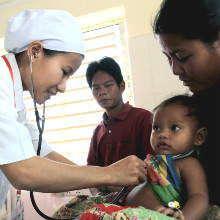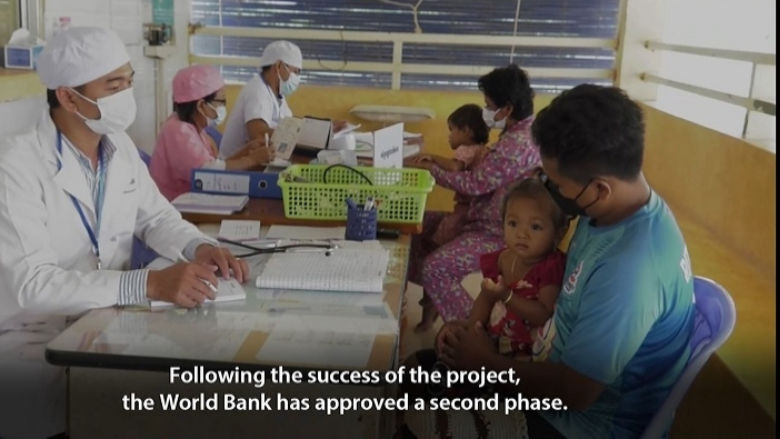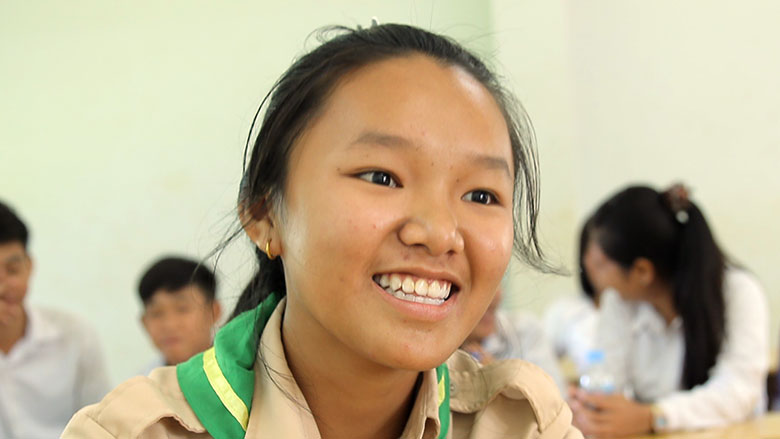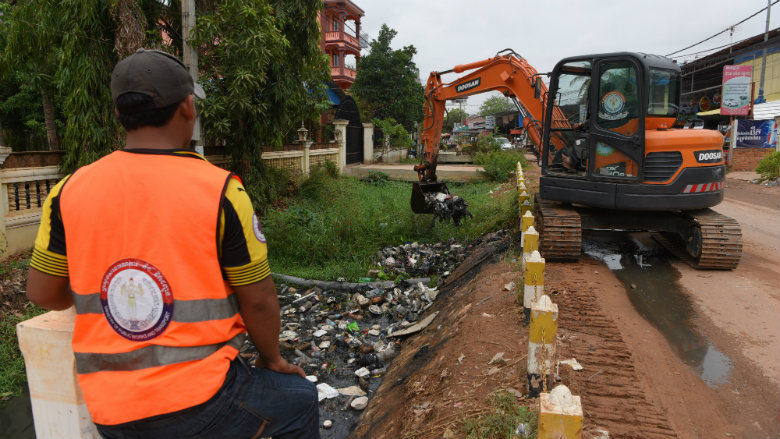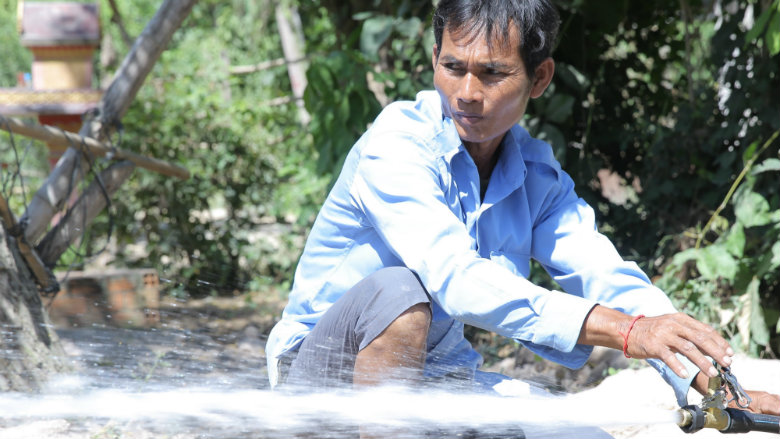The World Bank supports Cambodia to deal with the COVID-19 crisis and to strengthen the country’s economy for recovery and future resilience. To that end, the Bank is supporting a multi-pronged approach to preventing and mitigating the health impacts as well as strengthening the systems for pandemic emergency response.
In addition to the Cambodia COVID-19 Emergency Response Project, the World Bank has allocated US$14 million to the Contingency Emergency Response Component of the Cambodia Health Equity and Quality Improvement Project (H-EQIP). This allocation supports the country's COVID-19 Master Plan to meet the urgent needs to procure medical equipment and supplies, ambulances, and personal protective equipment (PPE) as well as to enhance testing capacity of the National Reference Laboratory and establish sub-national isolation and treatment centers and Emergency Operating Centers. The H-EQIP project, implemented by the Ministry of Health, regularly monitors the trends of health service utilization by poor households to ensure continued service delivery during the COVID-19 crisis while improving infection prevention and control through the national quality enhancement process. Financing from the Pandemic Emergency Facility’s issuance window has been allocated to further strengthen Cambodia’s COVID-19 response.
The Cambodia Nutrition Project will focus on engaging communities and maintaining the demand for – and supply of – essential maternal and child health and nutrition services throughout the pandemic and the Cambodia Strengthening Pre-Service Education System for Health Professionals project will aim to equip health professionals with better knowledge and skills to deal with emergencies such as the COVID-19 outbreak.
Beyond the health sector, several projects will focus on broader economic and social recovery. For example, in the agriculture sector, the World Bank’s support will enhance farm productivity, explore possibilities to develop new local and regional agriculture value chains, and support smallholder farmers in building their earning capacity and resilience to shocks such as COVID-19. In the transport sector, the Bank’s recently approved road project will improve road accessibility to health centers in rural areas and generate jobs for local communities during road construction and maintenance works. In education sector, the Higher Education Improvement Project (HEIP) was restructured to allocate around US$5 million to develop teaching videos to be broadcast on TV and social media channels, develop students’ worksheets, set up monitoring and evaluation systems for distant learning, and to provide school grants to print or copy worksheets for poor and disadvantaged students. The activities have benefitted more than 3 million students from kindergarten to grade 12 nationwide.

